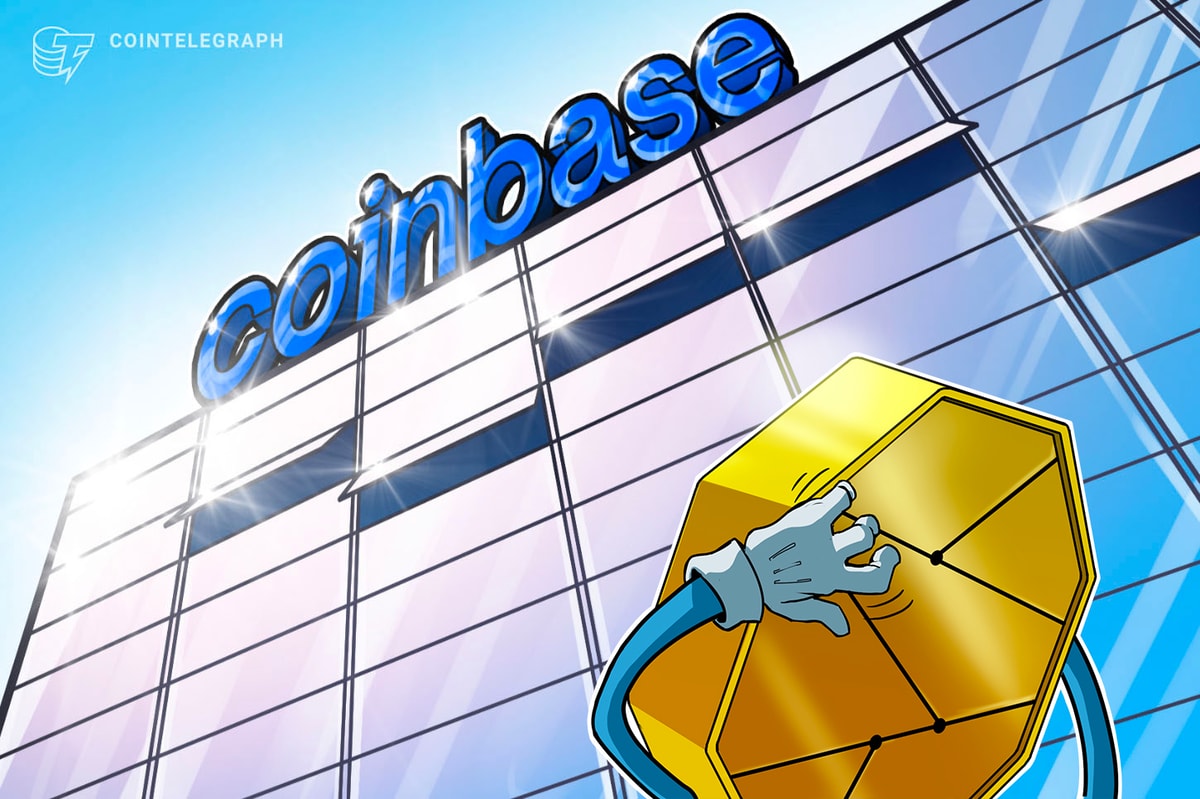Web3 was a term rarely used five years ago, even though it was a logical progression from Web2. But the sudden popularity of the term underscores the significant potential of what it represents. The possibilities that Web3 and blockchain technology could bring are numerous and affect all industries of commercial importance and facets of human lives. While still in its nascent stage, Web3 is already proving to be a worthy alternative to traditional structures in the finance sector. But there is also real potential in other industries, including Hollywood and the entertainment industry.
What is Web3
Before diving into the potential use cases of Web3 in the entertainment sector, it is important to understand what Web3 is. The concept of Web3 describes a new iteration of the internet that ends the monopoly of big technology companies and returns it directly into the hands of the individuals participating in the space. It is built on blockchain technology which is decentralized and more censorship-resistant than the current system.
Why the entertainment industry could be next
Interest in cryptocurrencies and digital assets has declined since the start of the year, but the builders of Web3 are indeed at work. The global macroeconomic situation has affected the crypto and NFT space. But even with value down, the potential of Web3 remains undeniable. This technology has use cases that could solve some of the issues plaguing the entertainment sector.
Beyond that, it could redefine how the industry operates. The values and solutions that Web3 technology offers may not only end some of the problems in the entertainment industry, it could expand the scope of what qualifies as entertainment and the process of its creation. In a world where celebrities have become cultural symbols, the adoption of Web3 features such as NFTs by pop stars and the like has contributed greatly to mainstream adoption. But it also leads to several innovations that apply to the industry specifically. Web3 offers another opportunity for the dynamic industry to improve.
Potential use cases of Web3 in the entertainment sector
There are several potential use cases of Web3 in the entertainment industry, and some already exist, even if they’re still in a more basic form. Here are some of those use cases:
Better incentives structure for fans
When fans support a creator, be it a musician or actor, they usually do so because of their art. Web3 can help fans be active participants in the creation process and even financially from their support of an artist. With NFTs, fans can better engage with creators they like, get better access to them or even flip the NFTs for profit.
Several celebrities, from musicians like Eminem and Shawn Mendes, actors like Anthony Hopkins, Brie Larson and Lindsay Lohan, and sports stars such as Lionel Messi and Pele, have all issued NFTs. These exclusive assets could come with perks such as free access to events, backstage passes, meet and greets, early viewing or listening, etc. Part of the incentives for fans could also come in the form of involving them in decision-making regarding their creative works. Decentralized autonomous organizations make this possible.
Monetization and distribution channels
Central to Web3 is breaking free from traditional structures and gatekeepers. Its decentralized nature gives creators several opportunities to sell their works without using regular publishers and distribution channels. We have seen several celebrities capitalize on their fame and strong fan base to sell digital assets. But tons of independent creators don’t have access to the traditional distribution channel and are using Web3 channels to sell their works. According to Water and Music, recording artists earned $83 million from primary sales in NFTs last year, and independent artists account for 70% of the sales. Beyond the primary sales, many digital assets also have royalties that ensure continuous revenue for the creator.
Ownership and proof of originality
Ownership is a thorny issue in the entertainment industry, and we have seen it play out multiple times. Whether it is Taylor Swift re-recording all her songs or an artist buying their masters, it shows a problem with the current ownership structure. Web3 can help creators maintain ownership rights and make it possible for consumers to verify that what they buy is original. That is already playing out in digital art with NFTs. But Hollywood is also getting a part of that action. In 2021, Oscar-winning director Quentin Tarantino sold NFTs of the excerpts of his handwritten screenplay for Pulp Fiction.
Culture is the key for brands and celebrities launching in Web3
While Web3 has incredible benefits, and technology like NFTs can be so beneficial, it certainly isn’t easy. A strategy and knowledge of Web3 are crucial for any Web3 launch. Most of the brands I’ve advised do well because they have put significant research and resources into understanding the space.
Even more important than generally understanding the space is having the right feel of the culture and value exchange. What makes it more challenging is that culture in Web3 is unique down to an individual project level. The feel of one community to the next is unlike any other space I’ve encountered.
I tell everyone who is looking to break into Web3 launches that you have to go personally and experience the culture. Join a few NFT projects and interact. Notice the types of people and cultures within those communities and how they create value for each other. See how they engage people differently than other Web3 projects (spoiler: countless ways). The key to doing well in Web3 is having the right culture within a greater community of different but similar enough Web3 cultures.
Conclusion
The above are some of the use cases of Web3 that are already being applied in the entertainment industry. Some of the early applications in this industry are still somewhat primitive. But just like blockchain benefiting many industries since 2015, we could be poised to see Web3 benefit the entertainment and film industries going forward, and there are already clear signs of what’s to come.
Brian D. Evans is a Web3 investor, an Inc. 500 Entrepreneur and the founder of both BDE Ventures and ReBlock Ventures.
This article was published through Cointelegraph Innovation Circle, a vetted organization of senior executives and experts in the blockchain technology industry who are building the future through the power of connections, collaboration and thought leadership. Opinions expressed do not necessarily reflect those of Cointelegraph.
Learn more about Cointelegraph Innovation Circle and see if you qualify to join











